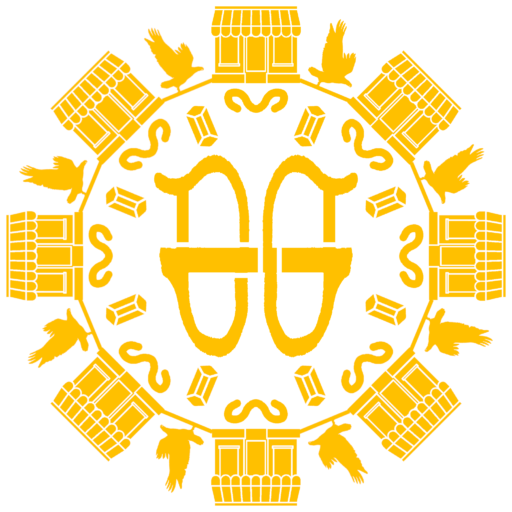DISCLAIMER: This article was originally posted on Odyssey.
Whether it is a class assignment or out of enjoyment, the ways that literature, fiction and non-fiction alike, can seep into your daily life is often otherwise overlooked.
1. Develop empathy
This is limited to reading literary fiction (though all well-read literature can inspire empathy), but if Austen and Dickens can make you step into the role of a protagonist with relatable imperfections, then chances are you are put into that character\’s mind.
This was proven by David Comer Kidd and Emanuele Castano of the New School for Social Research (NSSR), who conducted five experiments with 1,000 participants who read randomly assigned excerpts from works by Danielle Steele, Gillian Flynt, and Anton Chekhov. At the end, they were told how to identify emotions in others and it turned out that the participants who read literary fiction were more accurate than the those who did not.
Not only that, but the readers used the same psychological process of developing relationships which is also used for reading literary fiction, according to Kidd. Although it is impossible to pinpoint specifically the development of empathy when it comes to reading literary fiction, what this study shows is one additional bit of understanding of the human condition.
2. Ability to see what makes good grammar
It is obvious that people do not use the words \”inchoate\” or \”unctuous\” in their daily speech, but reading literature does provide a glimpse into the grammatical prestige that is tied to famous literary works. In other words, in what ways does the grammar appear correct, otherwise it would not be taught in schools. The literature probably would have also had to go through the editing process, which would involve meticulous corrections.
3. Develop more in-depth critical thinking
Analysis was taught to me when I first became an English major through reading the works of Faulkner, Melville, Poe, Oates, Cather, and many other classic American writers. But my education was not just simply reading their works, but identifying what argumentation they presented (when it dealt with speeches by early environmentalist John Muir and the men present at the Salem Witch Trials) or how symbolism is used to represent political points (such as the boat in Herman Melville\’s \”Billy Budd\” bearing the name \”Rights-Of-Man\”). When you read, you merely summarize \”what\” but when you analyze you also ask \”who, where, and probably why.\”
If this can be applied towards literature, then it can be applied anywhere.
4. Gain multi-disciplined knowledge
This is a no-brainer (except technically it IS a brainer), however this entry has more to do with textbooks and not just simply obtaining knowledge from them, but developing an interdisciplinary framework. This would enable you to use the logic of one field when solving a problem from another field.
5. Enhance imagination
Another no-brainer. This is a problem for English-learning students when trying to extract meaning from a text. Imagination mainly has to do with the interconnecting of emotion, previously held knowledge, and the literature that is read. Literature enhances your view of the world alongside the already accumulated knowledge.
6. Quote
Reading literature enables you to demonstrate your cultural intelligence by quoting authors that are well-known. It also shows evidence that you actually read the text from where the quote comes from. It also shows that you are able to summarize and condense a large, integral part of the text into its most important quote.
7. Develop friendships
A common love of the same author can bring people together. This is where book clubs are established. As mentioned in Reason #1, it helps develop empathy, which could therefore lead to friendship.
Image Attribution: Twitter
